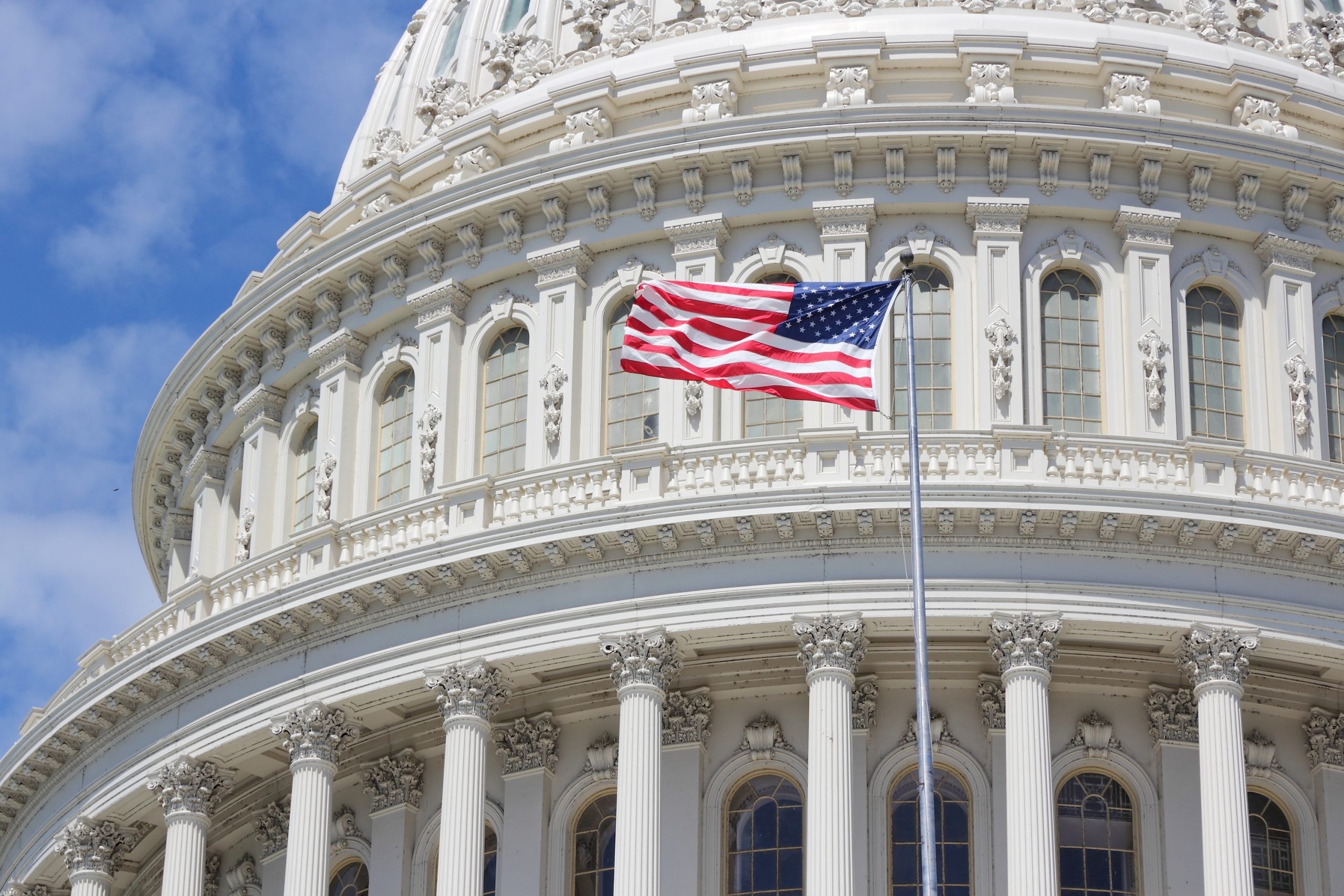The U.S. House of Representatives, on Friday, passed the $1.2 trillion bipartisan infrastructure bill. With a final vote of 228-206, thirteen Republicans voted with the majority of Democrats in favor of the bill. Although, six Democrats voted against it.
After hours of deliberation, the bill now heads to President Joe Biden’s desk to be signed into law. If signed, it would introduce new crypto-tax reporting requirements for U.S. citizens beginning in 2024.
The provision would require anyone involved in the transfer of digital assets to report the information to the IRS. It also requires businesses to report digital-asset deals above $10,000.
The crypto community is not particularly excited about the legislature’s strict reporting requirements.
The Bill And The Crypto Community
Many people have expressed concerns over the language used in the proposed bill. It imposes a cryptocurrency tax reporting mandate that many consider flawed and unworkable. It also threatens future technological innovation.
Related Reading | Breaking Down The US Infrastructure Bill And Its Impact On Crypto
Language in the bill would require crypto brokers to report customer information to the Internal Revenue Service. It later broadened the definition of what’s considered a “broker” to anyone “responsible for regularly providing any service effectuating transfers of digital assets on behalf of another person.” However, it does not explicitly exclude miners, software developers, stakers, and other individuals in the crypto economy who don’t have customers.
Many see it as a threat to individuals and businesses because many people do not even have the information that the bill requires them to report. They would therefore be unable to comply, and the inability to disclose crypto-related earnings will be treated as a tax violation and felony.
Total crypto market at $2.668 Trillion | Source: Crypto Total Market Cap from TradingView.com
Bitcoin miners, for example, don’t have customers whose information they can report. They could get hurt if the bill passes with the existing language that considers them brokers. And it could eventually be devastating to the sector that has been booming, especially after the crypto crackdown in China.
Concerns Over The Legislature
In August, the Senate approved the bill without a crypto amendment with a 69-30 vote. Six senators had initially called for an amendment. Two amendments were subsequently put forward. An agreement between the senators and the Treasury Departmentresulted in a compromise crypto amendment. However, when the senators voted again, there was a unanimous rejection.
Texas senator Ted Cruz said spoke on the matter.
This infrastructure bill has in it a portion that is designed to obliterate #crypto.
That would be a tragic mistake. pic.twitter.com/ySxoj1yMwV
— Senator Ted Cruz (@SenTedCruz) August 10, 2021
Other senators have also expressed concerns, stating that the bill would stifle innovation in the crypto sector. Coinbase CEO Brian Armstrong agreed with this sentiment. “We will see future development of blockchain technology move offshore to countries like China that are currently embracing it,” he said.
Related Reading | The Crypto Amendment Infrastructure Bill Rejection Shows A Broken Political System
Meltem Demirors, Chief Strategy Officer of CoinShares, took to Twitter on Thursday to air her grievance.
this bill is unconstitutional and inherently anti-American
private citizens have the right to financial privacy and financial freedom
absolutely shameful to see this https://t.co/O9FkVC2CF4
— Meltem Demir◎rs (@Melt_Dem) November 4, 2021
Many had hoped that the House would consider amendments to the bill’s language and crypto mandates. However, no amendment was made.
Featured image by Shutterstock, Chart from TradingView.com











